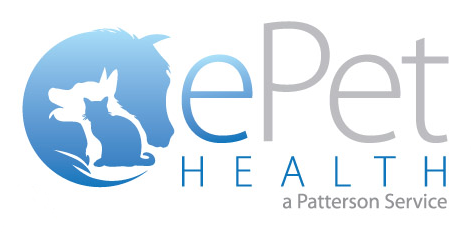Cave Creek, AZ 85331
Equine Dentistry
Equine dentistry is a hot topic among horse owners. A foal goes through a very long process of developing a full mouth of mature teeth – up to five years, in fact. Throughout the course of your horse’s life, it’s jaw and teeth are constantly changing. To glean an accurate understanding of your horse’s dental needs, it helps to know what is going on at each stage of maturation and development. Let’s take a look at some of the key points of equine dental care so you can be better prepared this year.
Employing Veterinary Dental Assistance
Far beyond simply smoothing rough tooth edges, modern equine dentistry employs sophisticated prevention, diagnosis, and treatment techniques to ensure your horse’s mouth is in top shape. This all begins with the first oral check-up shortly after a foal’s birth.
The Equine Dental Maturation Process
At birth, a foal has twelve molars. Within about a week, the incisors begin to show up. By nine months, all the baby teeth are grown in. Around twelve months in (just in time to celebrate your foal’s first birthday) the first signs of permanent molars show up. Around age two, the baby teeth begin falling out leaving a mouthful of mature teeth. The teeth continue to mature over the course of your horse’s first five years at which time they reach peak maturity. From here, the mature teeth continue to grow a few millimeters per year, but no new teeth a formed.
The First Look
Shortly after a foal’s birth, your veterinary equine dentist will have a first look in their mouth. The first look is to determine if there are any early signs of overbite or underbite that may need special attention during the formative years. Beginning a regularly scheduled dental check-up routine is largely up to lifestyle. Food plays a large role in determining when this process may be best initiated. If you feed your horse a lot of processed food, rather than a diet rich in grains and grazing grasses, they can develop misalignments from an early age.
Regular Equine Dental Exams
It is generally suggested to have your first scheduled check-up before you begin training with a bit in your horse’s mouth. The wolf teeth are often removed which can lead to a faster overall training time due to less oral aggravation throughout the training process. Many horse owners can justify the cost of the dental visit through the money and time saved during the subsequent shorter training period.
Correcting Misalignment And Uneven Tooth Growth
A horse’s teeth continue to grow throughout their entire life. This means that they can develop certain conditions related to growth rate and alignment. When a horse rarely uses their incisors, for instance, but the molars are working hard, there can be an uncomfortable imbalance in tooth size as the incisors continue to grow but not wear down from use. This often occurs with horses fed primarily on grains and hay rather than pastured grass. There are other factors that you can discuss with your veterinarian as well. Regardless of the cause, these issues can be treated by your equine dentist and can help to prevent further, more costly, issues down the road.
Cavity Care And Other Concerns
Although rare, horses can develop cavities. They are often caused by sugary treats and a diet high in processed foods. A yearly dental check-up will be able to screen for cavities and fix any problems found.
You may require a more frequent check-up schedule if you notice that your horse is experiencing signs of oral health problems. These can include:
Rotten or loose teeth
Signs of pain when eating
Unusual amounts of unchewed grass and grain in droppings
Unchewed, partially digested food falling from your horse’s mouth too often
Foul mouth odor
Unusual discharge from nose or eyes
Signs of pain when being bridled
Final Thoughts
Employing the fundamentals of equine dentistry is a sure way to provide a great quality of life for your horse. If possible, the first steps begin shortly after birth. Depending on diet and lifestyle conditions, your horse will benefit from at least a yearly scheduled visit from the equine dentist to ensure everything is looking great and is problem-free. If you haven’t already, reach out to your veterinarian and ask them about establishing an oral health routine for your horse. You’ll be surprised at the difference it can make over the years!
Mission Statement
"We have a commitment as a team to improve ourselves both personally and
professionally so that we may better serve our patients by providing quality
veterinary care."
Our Slogan:
"Partners for Life"
Our Motto:
"Expect Excellence"

Cards Accepted






